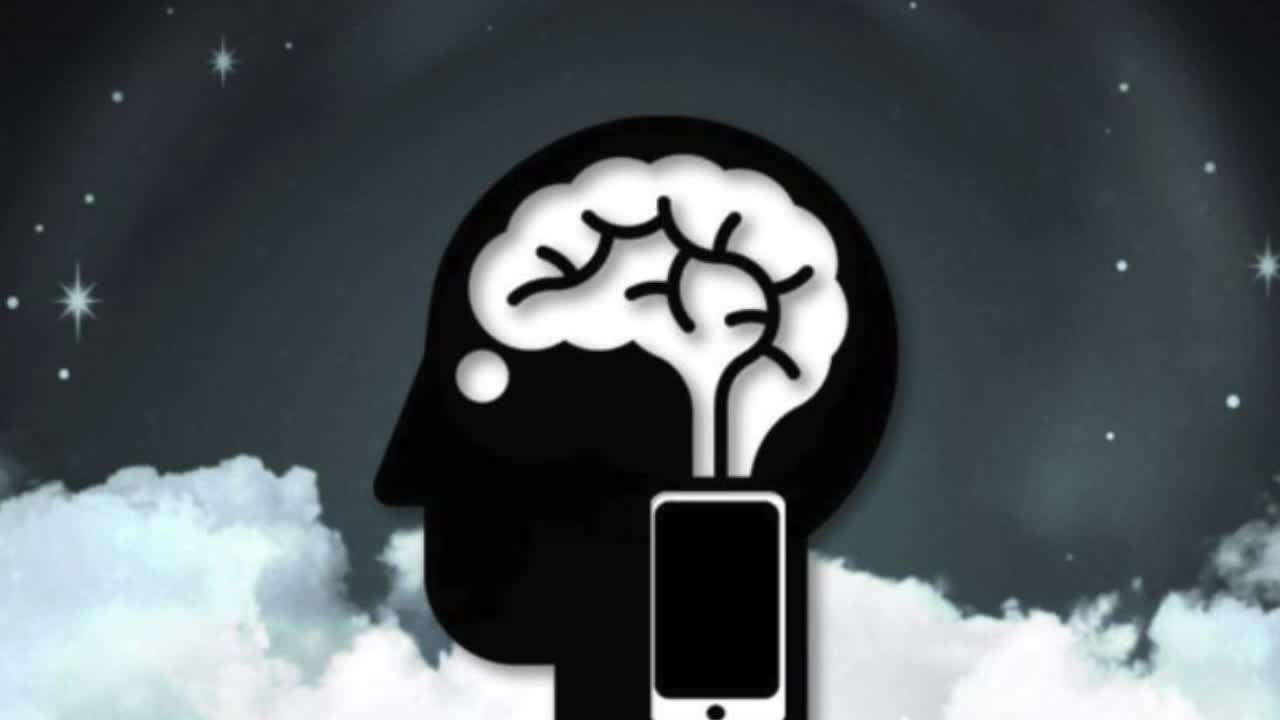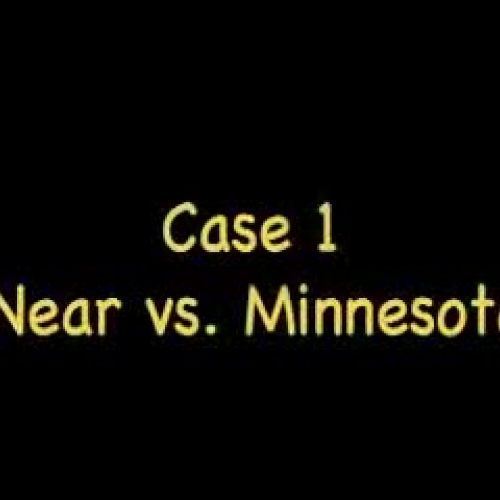High School > Social Sciences > Political Science Videos
To those people who watch the news, one hot item that has been around for a while is the issue of what is known as “populism.” There have been a number of headlines and op-eds on the rise of so-called “populist leaders,” such as the presidents of some powerful countries.
Many people would think that populism means the rule of the people or leadership that always listens to popular opinion. But is that really it? Let’s have a look at the proper definition.
Political science defines populism as the idea that society is divided into two groups: one of “pure people” and another of the “corrupt elite.” This is according to author Cas Mudde in his book Populism: A Very Short Introduction.
Populist leaders claim to stand by the “will of the people,” whatever that is. This is not clearly definable, and for the most part, it can change abruptly. These leaders’ sworn archenemies would often be labeled as “the system” or “the liberal elites”. Again, these terms are loose; who they are can change quite rapidly.
Dr. Benjamin Moffitt, author of the book The Global Rise of Populism, describes populist leaders in a number of ways. One is having “bad manners” or modes of leadership that are not typical of people in a position of political power. Another is always taking an offensive stance as if the country is constantly in a state of crisis.
Populist leaders also often prefer direct democracy, like the use of referendums, rather than the “more complicated systems” of modern governments. They prefer to make instantaneous decisions, and for this reason, the people would favor them more.
It is because of these characteristics that people think these leaders cannot fail. It can get to the point that people idolize their leaders too much that anyone who goes against them is labeled an enemy of the state. There lies the danger of the populist leader clinging too much to his power.

